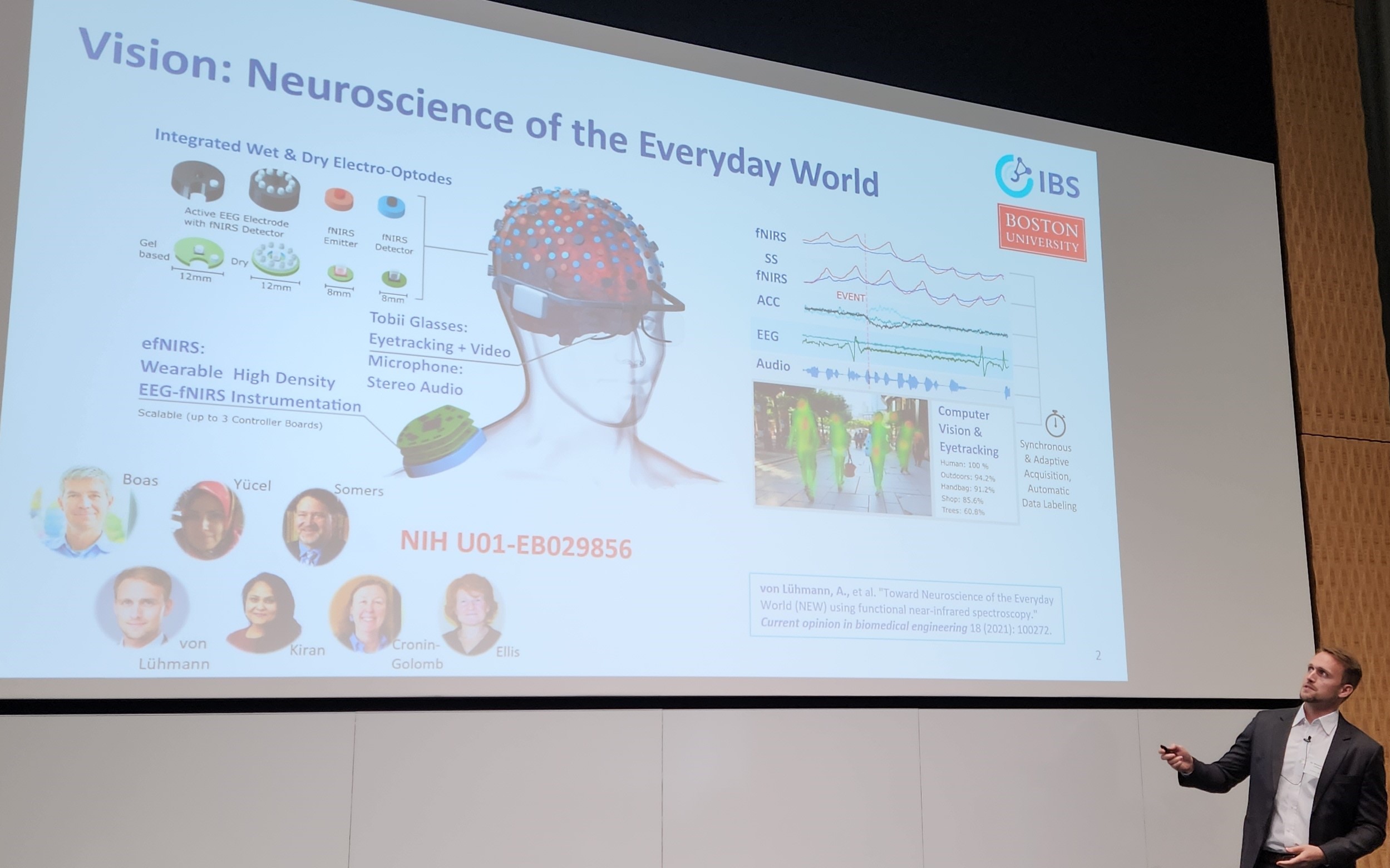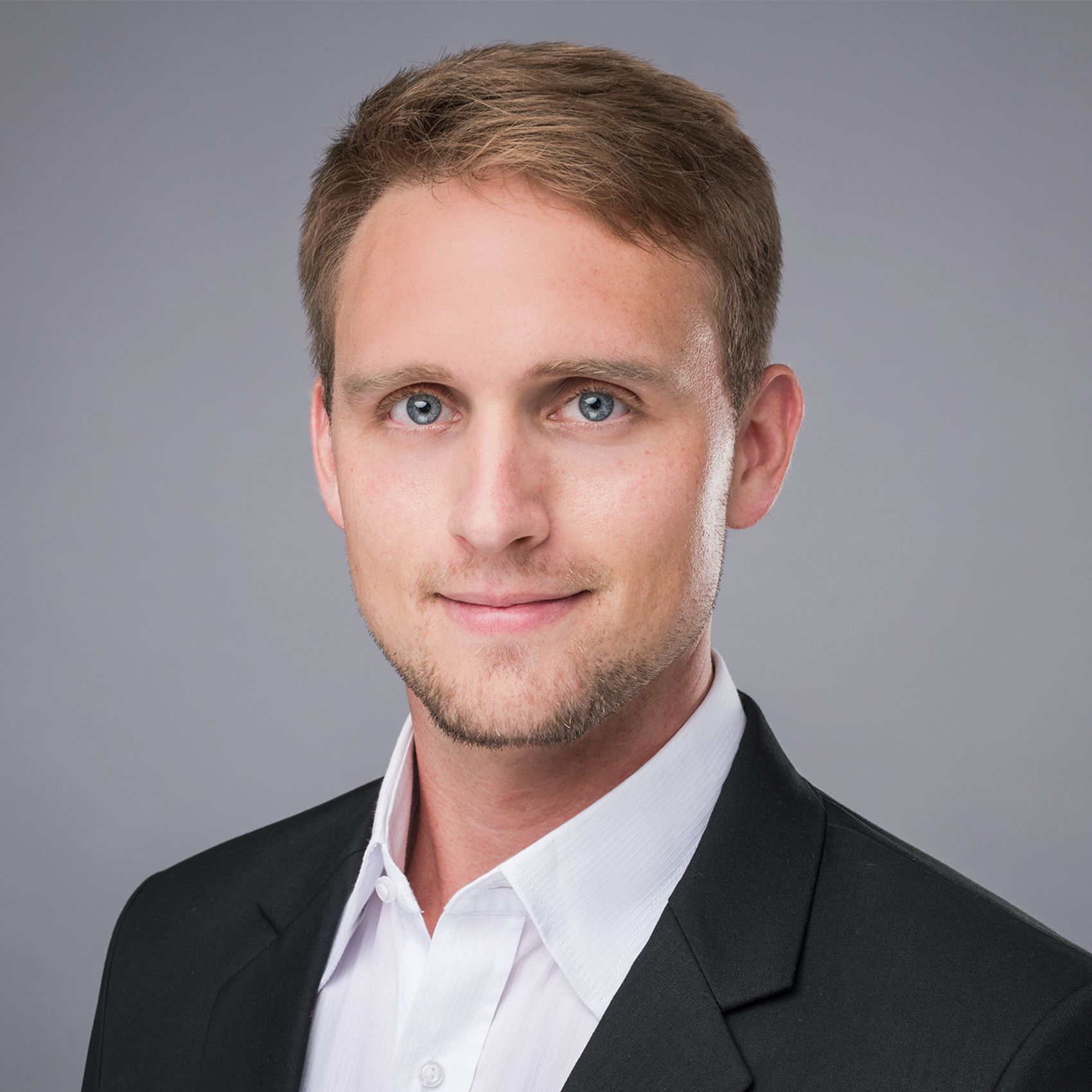Challenges and opportunities of multimodal brain measurements in naturalistic environments

From August 29th to 30th the "Neuroscience of the Everyday World" conference convened neuroscientists, researchers and experts to discuss the challenges and opportunities of continuous, multimodal brain measurements in naturalistic environments.
Innovative, wearable neuroimaging techniques like fNIRS, EEG and BCI present the opportunity to leave the controlled environment of laboratories and to study the brain's dynamics during everyday activities. They could bring diagnostic devices and therapeutic feedback loops closer to clinical populations. However, leaving the laboratory also poses significant challenges, including the acquisition of high-quality data and the analysis of recordings in the face of increased confounding factors.
Hosted at the campus of Boston University the conference provided a platform for discussions, knowledge exchange, and the exploration of new methodologies for combining wearable neuroimaging techniques.
The conference was organized - among others - by BIFOLD researcher Dr. Alexander Lühmann, head of the Intelligent Biomedical Sensing (IBS) group at BIFOLD. The IBS Lab develops miniaturized wearable neurotechnology and body-worn sensors for unobtrusive monitoring of the embodied brain in the everyday world. It uses machine learning on the multimodal sensor data, together with environmental context information, to contribute to a paradigm shift in individualized comprehensive understanding of physical and mental health: Toward intelligent monitoring of physical and mental states and early assessment of risk factors.
During the conference Alexander Lühmann gave an invited talk "fNIRS in the Everyday World“. Teammember Dr. Eike Middell presented the new ML-Analysis-Framework during a postersession and led a student-panel-discussion.
With 150 on site participants and 200 virtual attendees the conference was fully booked. It concluded with discussions on the future of neuroscience in the everyday world. Participants emphasized the pressing need for advancements in data acquisition technology and improved methods for data analysis to unlock the full potential of continuous brain monitoring in real-world scenarios. Machine learning and artificial intelligence techniques were discussed as valuable tools for extracting meaningful information from these measurements.


